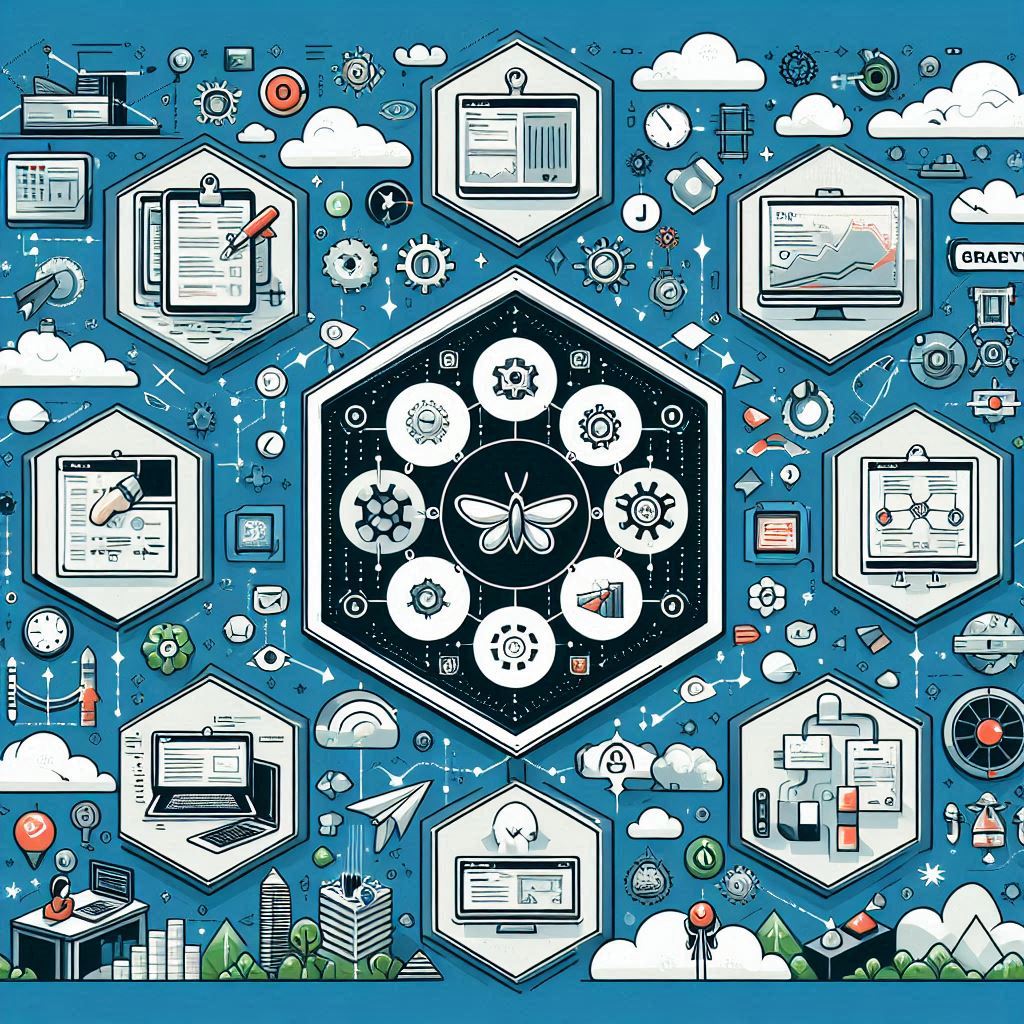-

Framework Evolution: How Product Management Frameworks Have Evolved Over Time and What the Future Might Hold
The landscape of product management has undergone significant transformations over the decades. From the early days of linear planning and rigid processes to the contemporary era of Agile and Lean methodologies, product management frameworks have continuously evolved to meet the changing demands of markets, technology, and consumer expectations. This article explores the evolution of product…
-

Hybrid Frameworks: Exploring the Benefits and Challenges of Combining Elements from Different Product Management Frameworks
In the evolving landscape of product management, choosing the right framework can significantly impact a project’s success. Traditional frameworks like Agile, Lean, Waterfall, and Kanban each offer distinct advantages and are highly effective in specific contexts. However, many organizations find that no single framework fully meets their needs, prompting them to adopt hybrid frameworks that…
-

Strategies for Scaling Agile Methodologies in Large Organizations
Agile methodologies, known for their flexibility, iterative development, and emphasis on customer feedback, have revolutionized the way products and projects are managed. However, as organizations grow, scaling Agile practices to accommodate larger teams and more complex projects can be challenging. Scaling Agile in large organizations requires careful planning, coordination, and a strategic approach to ensure…
-

Agile Methodology: Understanding Its Role in Product Management and Its Benefits
Agile methodology has revolutionized the way organizations approach product development and project management. Originally developed for the software industry, Agile has since been adopted across various sectors due to its flexibility, iterative approach, and focus on customer collaboration. This article explores how Agile works in product management, its principles and practices, and the myriad benefits…
